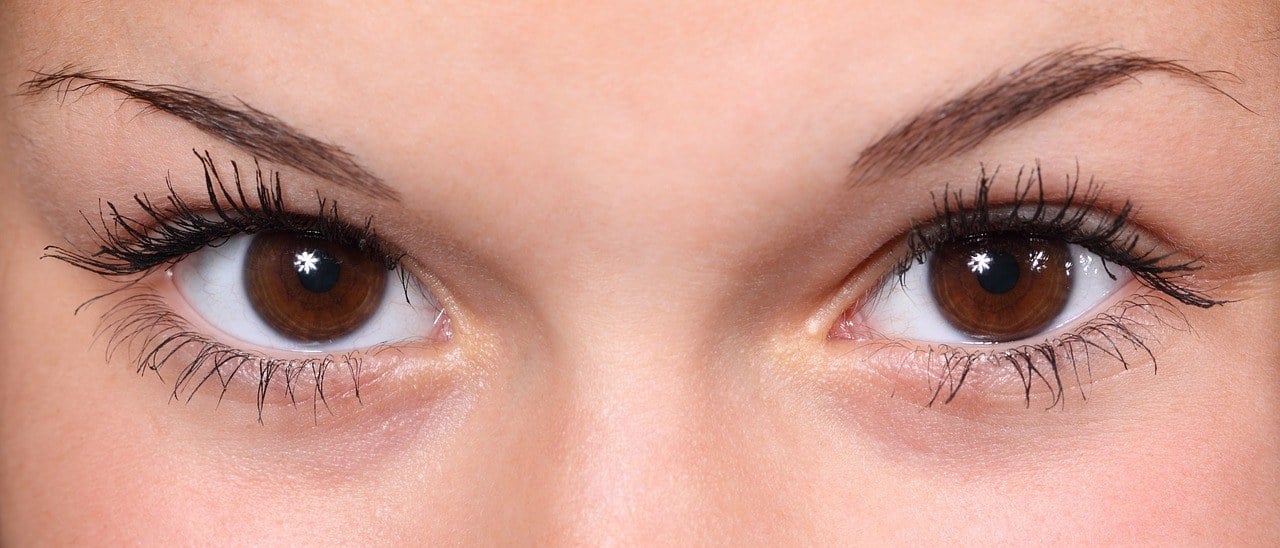The Troubled Trio: How Hypertension, Heart Disease, and Stroke Are Intertwined
Hypertension, heart disease, and stroke form a formidable trio of health concerns, intricately linked in a web of cause and effect. Understanding these connections is crucial for preventing and managing these conditions. This article delves into the complexities of their relationship, exploring how hypertension paves the way for heart disease and stroke, and how these conditions, in turn, can influence each other.
Hypertension: The Silent Threat
Hypertension, or high blood pressure, refers to the persistently elevated force of blood pushing against your artery walls. Often dubbed the “silent killer” because it rarely presents noticeable symptoms, hypertension can silently wreak havoc on your cardiovascular system. Normal blood pressure falls below 120/80 mmHg (millimeters of mercury). Readings consistently exceeding 130/85 mmHg indicate hypertension.
The Damaging Effects of High Blood Pressure:
Over time, the relentless force of high blood pressure damages the delicate lining of your arteries. This damage creates a breeding ground for atherosclerotic plaque, a sticky buildup of cholesterol, fat, and other substances. Plaque buildup narrows the arteries, restricting blood flow. This restricted flow can trigger various problems across the cardiovascular system.
Heart Disease: A Spectrum of Conditions
Heart disease encompasses a diverse group of conditions affecting the heart and its blood vessels. Coronary artery disease (CAD), the most common form, arises from plaque buildup in the coronary arteries, which supply blood to the heart muscle. This can lead to:
- Angina: Chest pain or discomfort caused by inadequate blood flow to the heart.
- Heart Attack: A sudden blockage of a coronary artery, causing heart muscle damage.
- Heart Failure: A weakened and overworked heart that struggles to pump blood efficiently.
Other heart disease types include:
- Arrhythmias: Irregular heartbeats.
- Congenital Heart Defects: Birth defects affecting the heart structure.
- Heart Valve Disease: Dysfunction of the heart valves.
Stroke: A Brain Attack
A stroke occurs when blood flow to a part of the brain is interrupted, depriving brain tissue of oxygen and nutrients. This can happen due to:
- Ischemic Stroke: A blood clot blocks an artery leading to the brain.
- Hemorrhagic Stroke: A weakened blood vessel in the brain ruptures, causing bleeding.
Both types of strokes can quickly damage brain cells, leading to lasting neurological impairments like paralysis, speech difficulties, and memory problems.
The Hypertension-Heart Disease Connection
Hypertension acts as a major risk factor for heart disease by:
- Accelerating Plaque Buildup: High blood pressure forces blood against the artery walls, accelerating plaque formation and narrowing arteries.
- Damaging the Arterial Lining: The constant pressure can damage the inner lining of arteries, making them more susceptible to plaque buildup.
- Enlarging the Heart: The heart works harder to overcome increased pressure, leading to eventually enlarged heart muscle, which can weaken and lead to heart failure.
Hypertension also increases the risk of blood clots forming in the narrowed arteries. These clots can then travel through the bloodstream and lodge in a brain artery, triggering a stroke.
The Heart Disease-Stroke Connection
Heart disease, particularly atrial fibrillation (a type of irregular heartbeat), can also increase stroke risk. In atrial fibrillation, the heart’s upper chambers quiver instead of contracting effectively. This can lead to blood clots forming in these chambers, which can then break off and travel to the brain, causing a stroke.
Heart failure can also contribute to stroke risk. When the heart weakens, it pumps blood less efficiently. This sluggish blood flow can increase the risk of clot formation, potentially leading to a stroke.
The Stroke-Hypertension Connection
Interestingly, stroke can also influence future blood pressure. Damage to specific areas of the brain responsible for blood pressure regulation can lead to post-stroke hypertension. This highlights the intricate two-way relationship between these conditions.
Reducing Your Risk: A Multifaceted Approach
The good news is that you can significantly reduce your risk of all three conditions by adopting a healthy lifestyle:
- Maintain a Healthy Weight: Excess weight puts extra strain on your heart and arteries.
- Eat a Balanced Diet: Focus on fruits, vegetables, whole grains, and lean protein. Limit saturated and trans fats, sodium, and added sugar.
- Engage in Regular Physical Activity: Aim for at least 150 minutes of moderate-intensity exercise or 75 minutes of vigorous-intensity exercise weekly.
- Manage Stress: Chronic stress can elevate blood pressure. Relaxation techniques like yoga or meditation can help.
- Limit Alcohol Consumption: Excessive alcohol intake can raise blood pressure.
- Don’t Smoke: Smoking damages blood vessels and increases the risk of blood clots.




